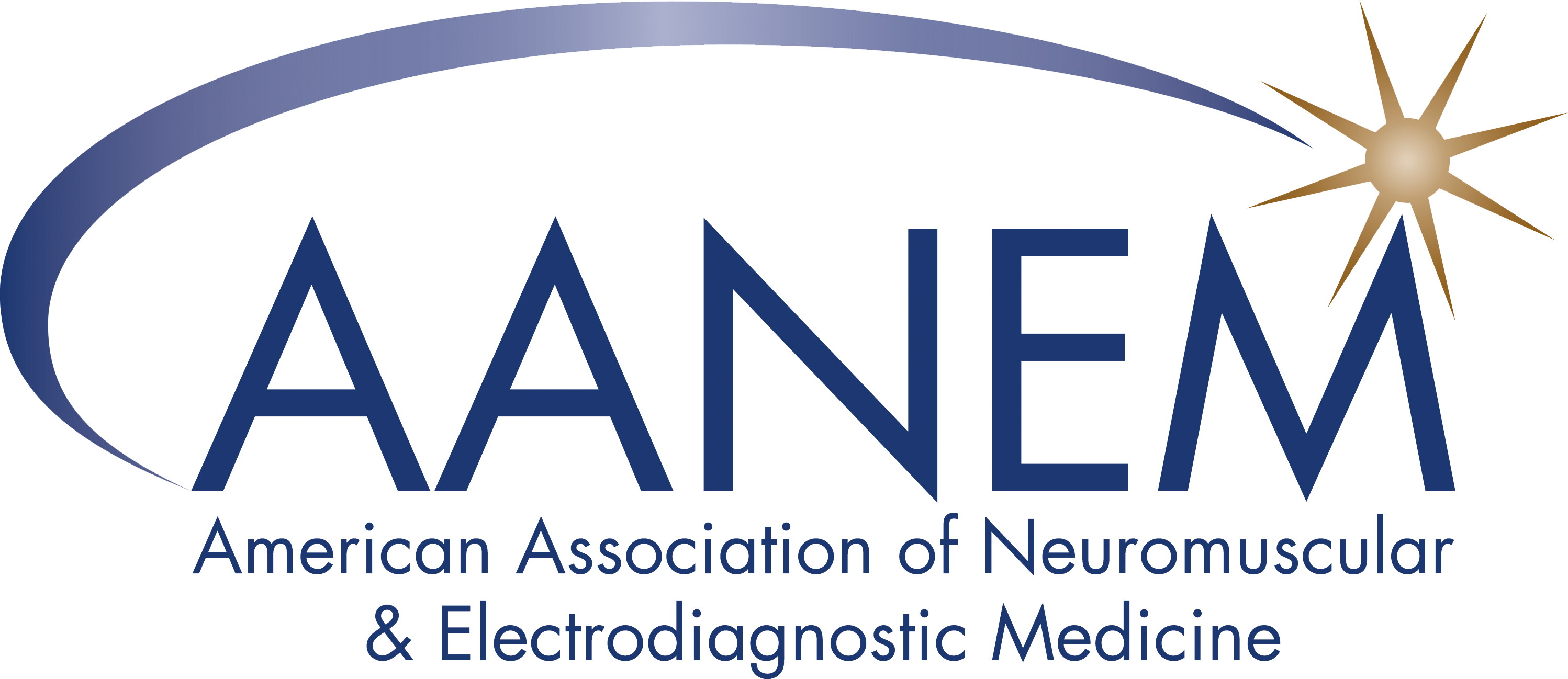Science News: Eculizumab Versus Rituximab in Generalised Myasthenia Gravis
Published October 16, 2022
Education
Submitted by: Pritikanta Paul, MD
Edited by: Nakul Katyal, MD
Nelke C, Schroeter CB, Stascheit F, et al. Eculizumab versus rituximab in generalised myasthenia gravis. J Neurol Neurosurg Psychiatry. 2022;93(5):548-554. doi:10.1136/jnnp-2021-328665
Summary: A small sub-group of myasthenia gravis (MG) patients is refractory to first-line immunosuppressive medications. Complement-targeted therapies are relatively new in neurological practice but gaining grounds in the landscape of MG management, particularly acetylcholine receptor antibody (AChR)-Ab positive cases. Rituximab is one of the therapeutic options in AChR-Ab positive refractory MG, but a phase 3 randomized controlled trial is lacking. This retrospective observational multicentered study compared the use of eculizumab and rituximab in AChR-Ab positive refractory generalized MG.
Seventy-seven treatment refractory generalized AChR Ab positive MG patients were included in the study between 2010 and 2021, out of which 57 were treated with rituximab and 20 with eculizumab. All patients had thymectomy performed in the past. Baseline (before first infusion of either biological) disease duration and prednisone dose were comparable for both groups and both patient populations had high quantitative MG (QMG) score indicating high disease severity. Analysis after matching showed, eculizumab-treated patients had better QMG scores at 12 months and at 24 months compared to rituximab-treated patients. Eculizumab-treated patients achieved minimal manifestations of disease more frequently than rituximab-treated patients at 12 and at 24 months following initiation of treatment. The authors accounted for selection bias related to eculizumab only being available after 2017, but found no difference in clinical and demographic characteristics between the two cohorts of rituximab-treated patients before 2017 and after 2017. No significant difference was noted between eculizumab and rituximab-treated patients in terms of frequency of rescue therapies and change in baseline dose of prednisone and adverse effects were in-line with known spectrum. The risk for myasthenic crisis was comparable in both groups, most triggered by infection.
The authors conclude eculizumab was more effective in reducing disease severity in refractory AChR-Ab positive MG when compared to rituximab. The authors however noted that the risk of myasthenic crisis was not changed by either medication requiring physicians to closely monitor symptoms when treating this small but vulnerable group of patients.
Comments: This study shows the real-world experience with use of eculizumab in comparison to rituximab for refractory AChR-Ab positive MG. The evidence of rituximab efficacy in AChR-Ab positive cases is less robust and this comparative study further establishes this. The major limitation of the study is the retrospective nature as well as relatively small study sample, particularly the eculizumab-treated cohort.
